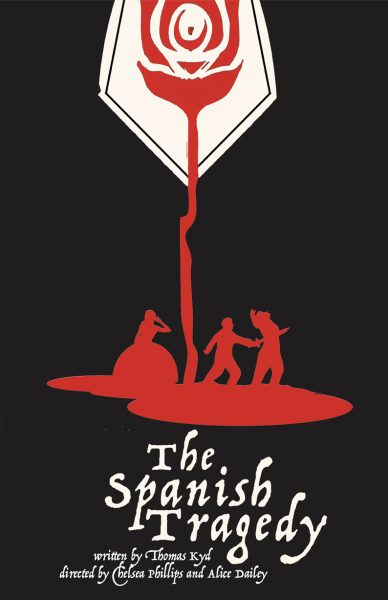‘Gone Girl’ immerses viewers in winding, unsolvable mystery
October 23, 2014
With the release of his latest film earlier this month, David Fincher once again proves that he’s the director to beat in Hollywood.
But then again, who would question this? With movies like “Fight Club,” “The Curious Case of Benjamin Button,” and now “Gone Girl” in his repertoire—all pensive or otherwise subtly dark adaptations of books—the man clearly knows how to weave story, character and music together to deftly establish unmistakable tones in his modern-day classics.
If Fincher’s 2010 Best Picture nominee “The Social Network” is to be used as a barometer for this masterful blend of cinematic elements, “Gone Girl” levels up to most of these components, at least at the surface. Declaring the whole puzzle as superior is a more debatable topic, but the individual pieces are certainly all Fincher at his best.
For instance, suburban Missouri has probably never felt so eerie onscreen, if the setting has even been featured at all.Trent Reznor and Atticus Ross, the power duo that composed the score for “The Social Network,” team up with Fincher for the third time to bring a degree of realism to “Gone Girl,” once again using simple, minimalistic piano strokes that accentuate and embellish the intentionally sterile setting.
The neighborhood that Nick (Ben Affleck) and Amy (Rosamund Pike) Dunne call home doesn’t stay sterile for long, however. The morning of his fifth anniversary, after returning from the bar he co-owns with his sister, Nick finds his living room a wreck and his wife missing without a trace.
As details of the couple’s struggling marriage begin to emerge, evidence begins to point towards Nick, who must work to stay afloat and exonerate himself against waves of media criticism and public disdain.
Of course, this brief synopsis only applies for around the first third of the film, and any further details would inevitably spoil the thrilling roller coaster ride that Fincher lays out for the audience.
The film’s structure, complete with a soothingly disturbing narration from Amy’s diary, teases viewers, begging them to question the truth after each and every scene. Amy’s fate is toyed with throughout the film, with the eventual reveal arriving with a weightless gravity that somehow keeps the speculation going. “Gone Girl” is so soaked in mystery and uncertainty that solved problems still feel painfully unsolved.
Gillian Flynn, the author of the bestselling novel that Fincher used as fuel, adapted the screenplay herself, clearly taking strides to transition her own work to the screen as faithfully as possible. Despite slight deviations from the source, Flynn and Fincher made a substantial effort to retain as much of the book as possible in the completed product.
Affleck, already on the fast-track to a revitalized career a la Matthew McConaughey due to directorial successes such as “The Town” and “Argo,” was nothing short of fantastic as the husband desperate to clear his name when the world turns against him. Some unexplainable element of Nick Dunne’s unfortunate situation and his part in his failing marriage forces both trust and mistrust at once, causing a dissonance that never allows viewers to choose a side.
While most if not all of the film’s actors could get away with an Oscar nod without pundits batting an eye, only Rosamund Pike has more or less guaranteed herself this honor. Her calculating, unsettling persona and velvety, monotonous line delivery allow Amy Dunne to steal every scene she’s in—or not in—with ease.
Never has a Fincher film had such memorable, dynamic characters that keep the audience guessing at every turn. By the end, the antagonist is quite obvious. But is the victim innocent? Even with a blatant good guy and bad guy, is there justice? Does any of this matter anyway?
There is no happy ending to be found here. There is no happiness. This is a portrait of real life that just happens to be fictional and just happens to have been captured in the medium of film.
A plot full of twists and turns, coupled with the morally-questionable characters and the bare-bones, brilliant score, all come together in an amazing orchestra of cinema that easily outdoes any film released in 2014 thus far.
See “Gone Girl” in theaters to experience the tension amongst other people a tension that never fully explodes but merely lingers until the end. Make sure to direct your ears towards the screen, however.
The music is the magic, with each note echoing through the thick, atmospheric environment that the flawed characters are forced to stumble through while searching for answers.











